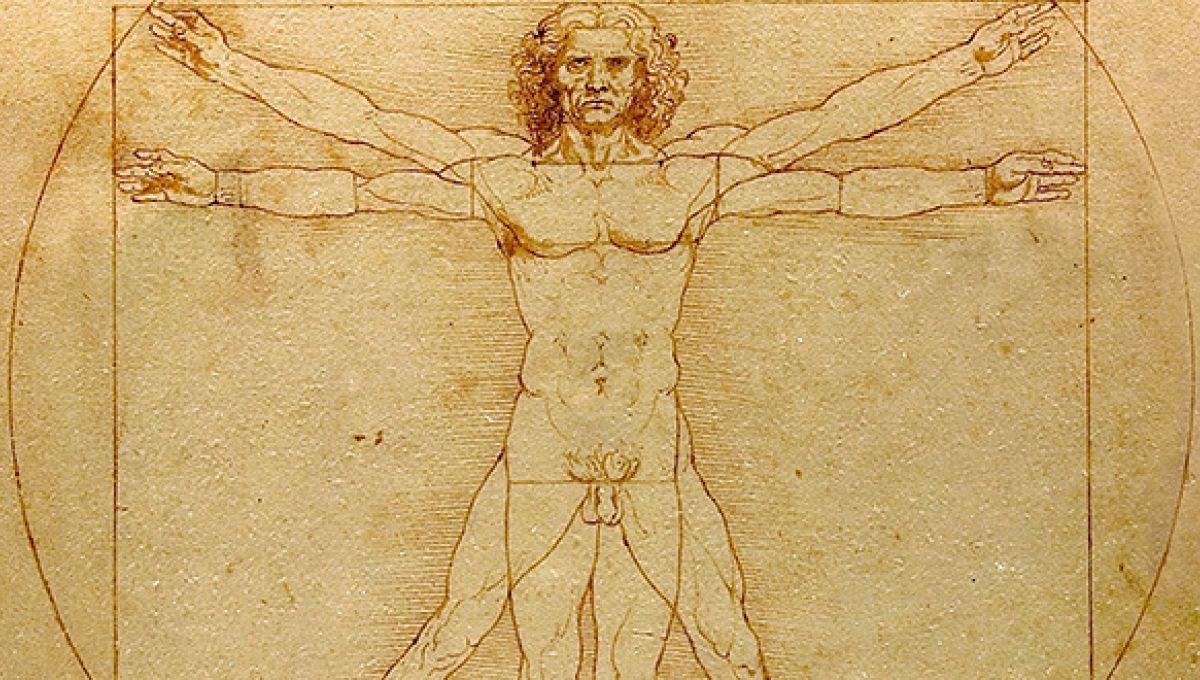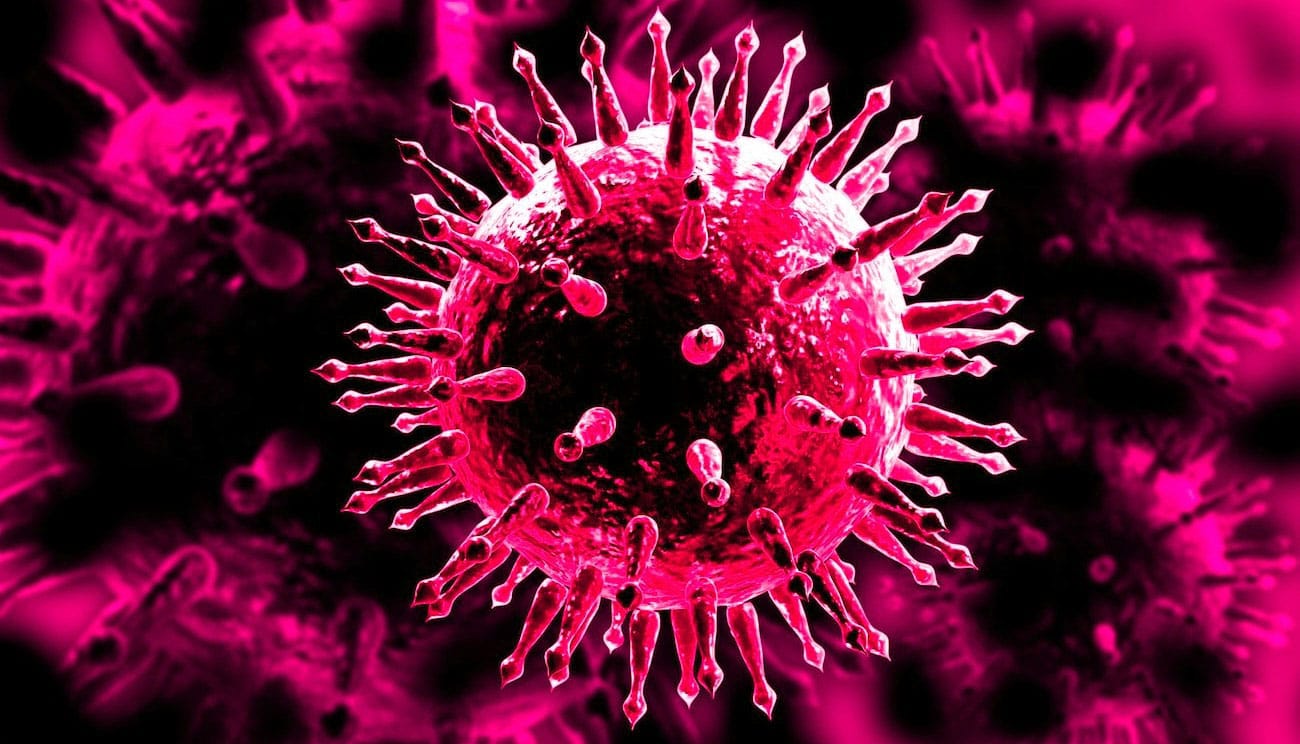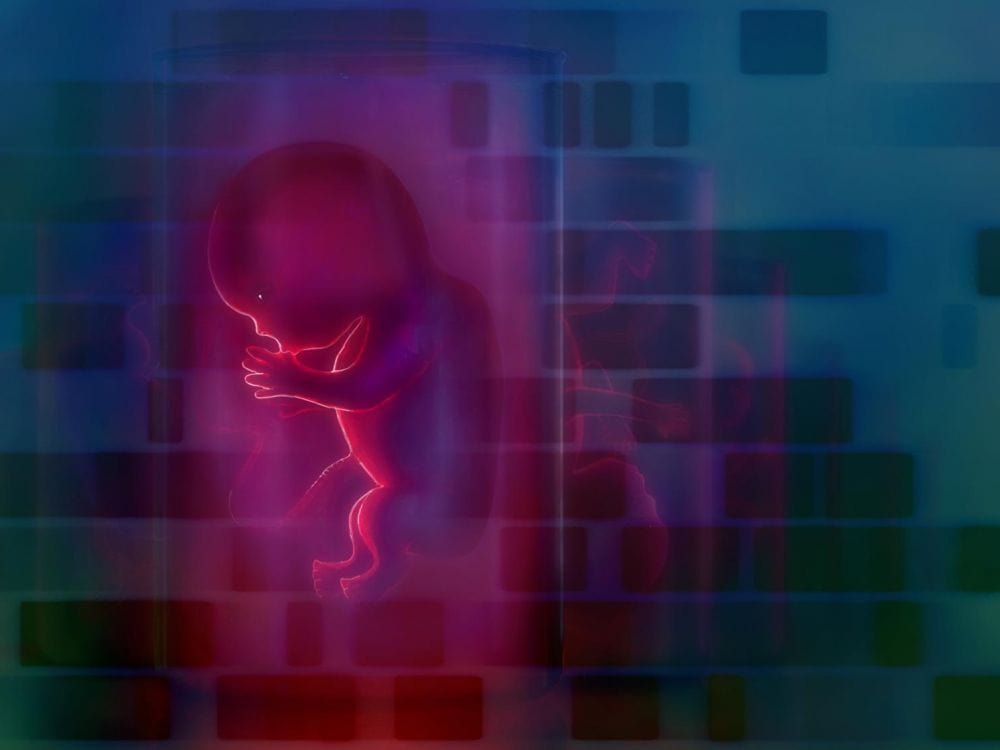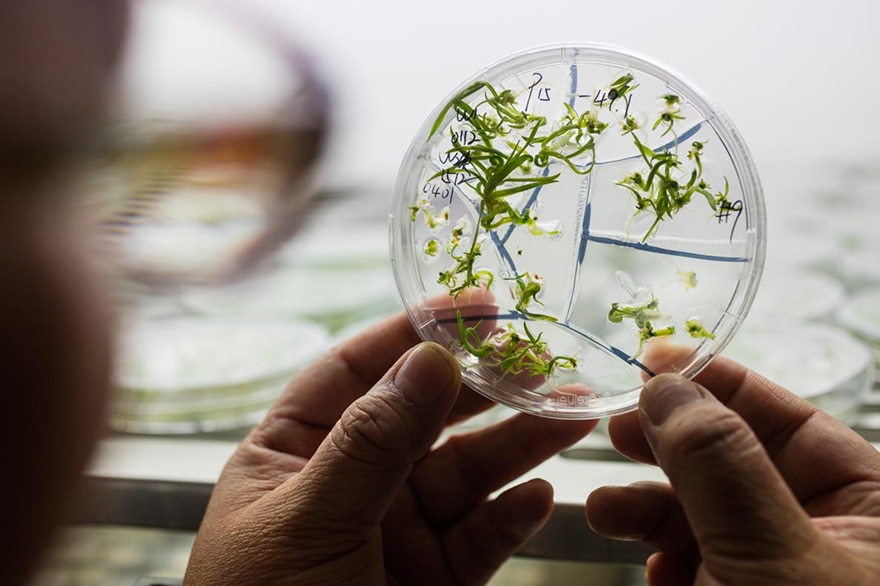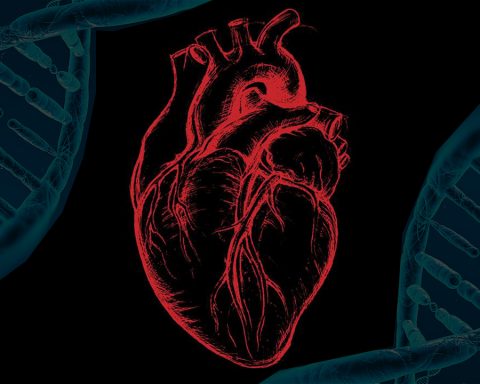Je me traîne, je ne vaux plus rien… Atteint par le grand âge, la maladie « d’organe » ou les accidents de la vie, mon corps ne réponds plus, il est devenu mon meilleur ennemi et se rappelle à moi au moindre faux pas. Ce corps aimé, adulé, bichonné depuis la tendre enfance, mon allié en bonne santé, était pourtant prêt à me porter de jour comme de nuit en faisant son métier de corps en silence – le silence des organes, disait le chirurgien et physiologiste français René Leriche. J’étais bien dans ce corps : mon esprit, mon âme, mes émotions et lui ne faisions qu’un. Mais voilà la maladie, l’âge venant, ce corps qui savait fonctionner implicitement, renâcle, réclame des soins, se dissocie de moi, m’impose son rythme. Subrepticement, il devient omniprésent, et je me dis que si j’avais un bon capital, je n’en ai plus qu’un vague usufruit. D’ailleurs, combien vaut un corps humain ?
Interrogeons-nous sur ce corps qui peut être un vaurien ou se voir surinvesti. La personne humaine peut-elle y être réduite ? Le corps humain peut-il se vendre en pièces détachées ? A-t-il un prix, ou plutôt une valeur ?
Distinguer prix et valeur
En France, du fait de la valeur inaliénable du corps humain et de l’encadrement des lois de bioéthique, la vente d’organes est interdite. Les éléments et produits du corps humain (reins, lobe de foie, sang, sperme, ovocytes, moelle osseuse, etc.) peuvent être donnés à certaines conditions, mais ne peuvent pas faire l’objet d’une vente, car la personne humaine a une valeur, exactement la même pour tous, sans degré ni partage. Cette valeur n’a rien à voir avec un prix, qui lui, pourrait être négocié.
S’appuyant sur des valeurs héritées de Kant, la bioéthique affirme le principe de non-commercialisation du corps humain, car contraire à la « dignité de la personne humaine ». La confusion entre valeur et prix ravale en effet l’humain au rang d’objet.
Elle impose en outre une réflexion éthique : suis-je séparable de mon corps ? Puis-je vendre mon corps ou un de mes organes sans « vendre mon âme », autrement dit puis-je dissocier mon cerveau de mon esprit ? Selon quelles normes, critères, abaques attribuer un prix à mon rein, mon œil, mon foie ? Est-ce parce que je suis encore autonome, en capacité de décider pour moi et que « mon corps m’appartient », que je pourrais en négocier le prix ? Et pourquoi pas en augmenter la valeur, en fonction de certains critères : sexe, ethnie, QI, origine sociale ?
Pourquoi ne pas profiter d’une lecture illimitée de UP’ ? Abonnez-vous à partir de 1.90 € par semaine.
Il est tout à fait souhaitable et légitime de « réparer » les corps avec les meilleurs techniques offerts par les avancées de la médecine, lorsqu’il est affecté par une maladie ou un accident. Mais un corps peut-il être démembré, vendu en pièces détachées pour, comme l’a fait ce jeune Chinois pour s’offrir un IPAD 2 ?
Le corps en pièces détachées
Selon le magazine Popular Science, en Inde, le prix d’un rein est de 20 000 dollars, en Chine, de 40 000 dollars, et en Israël, de 160 000 dollars. Aux États-Unis, un rein s’évalue à 45 000 dollars, 40 000 pour un foie, et 5 000 pour une cornée. Sans compter les honoraires du chirurgien et les frais annexes… Il existe dans certains pays un véritable marché noir de la vente d’organe, parfois dans un contexte de « tourisme de transplantation ».
En France, certaines questions pourraient également se poser, notamment suite à la révision des lois de bioéthique. L’extension de la procréation médicale assistée (PMA) à toutes les femmes, hors contexte d’infertilité, interroge quant aux dons de gamètes (sperme et ovules) : si une pénurie survient, leur rémunération pourrait-elle être envisagée, au risque de modifier le profil altruiste des donneurs et d’ouvrir une brèche dans le principe de gratuité des dons et de non marchandisation du corps humain ? C’est déjà le cas aux États-Unis : il faut compter environ 3 000 euros par don d’ovule, et environ 70 euros pour un don de sperme de bonne qualité.
Aux États-Unis ou en Espagne, la « location » du corps des femmes est également déjà possible, dans le cadre de la gestation pour autrui (GPA. Interdite en France, cette marchandisation des « ventres » des mères porteuses pose aussi question quant aux valeurs essentielles de dignité humaine et d’indisponibilité du corps des femmes. Car lorsqu’une femme porte un enfant il se passe évidemment bien d’autres choses entre la maman et son bébé que le simple fait de se dissocier et de louer une partie de son corps le temps d’une grossesse.
Que peut la médecine ? Que doit le médecin ?
Une personne humaine n’est jamais réductible à un corps, et jusqu’au bout de la vie, elle a une valeur inestimable liée à sa dignité intrinsèque. Si la vie n’a pas de prix, nous autres médecins avons un devoir d’humanité, de prendre soin de l’autre souffrant. Si la médecine se doit d’être à la pointe des dernières découvertes scientifiques, de les mettre à disposition de tous (malgré leurs coûts), elle doit le faire avec bienveillance, avec l’humilité de la sagesse des limites, en conscience et en responsabilité. C’est le (primum non nocere), « En premier, ne pas nuire » attribué à Hippocrate.
Pour cela, le médecin doit non seulement savoir résister aux injonctions utilitaristes de prestations de services, mais aussi avoir au cœur l’inquiétude de la vulnérabilité de l’autre. Il doit, toujours selon Hippocrate, « guérir parfois, soulager souvent et écouter toujours ». Il se doit d’être au plus près de la personne malade, dans son essentielle singularité. Qui ne souhaiterait augmenter les performances de son corps, effacer les stigmates du temps, retarder l’avance en âge voire fuir notre finitude ? Mais quand la demande sociétale n’a rien à voir avec une maladie, qu’elle est motivée par le désir, que peut, que doit faire le médecin ?
Son rôle est d’interroger et accompagner le « désir de » exprimé, consciemment ou non, par les patients, si impérieux soit-il, car il peut changer au fil du temps, et engendrer déception, voire dépression. Ainsi cette patiente qui désirait un nouveau nez : une fois opérée, et toujours aussi insatisfaite, elle s’aperçut au cours de sa psychothérapie qu’elle désirait en réalité, à 48 ans et sans compagnon, un nouveau-né… Un exemple qui illustre bien qu’à l’heure d’une médecine technique qui répare, change les pièces d’un corps abimé, compte, mesure, chiffre, le médecin ne doit pas oublier de garder une place à la sollicitude, à l’impalpable de la relation, à l’expression des âmes blessées par la vie.
Véronique Lefebvre des Noettes, Psychiatre du sujet âgé, chercheur associé au Laboratoire interdisciplinaire d’étude du politique Hannah Arendt, Université Paris-Est Créteil Val de Marne (UPEC)
Cet article est publié dans le cadre du colloque « Que vaut le corps humain ? Médecine et valeurs du corps », qui se tiendra au Collège des Bernardins le 5 décembre.
Pour lutter contre la désinformation et privilégier les analyses qui décryptent l’actualité, rejoignez le cercle des lecteurs abonnés de UP’
Le Collège des Bernardins est un lieu de formation et de recherche interdisciplinaire. Acteurs de la société civile et religieuse entrent en dialogue autour des grands défis contemporains, qui touchent l’Homme et son avenir.
Cet article est republié à partir de The Conversation , partenaire éditorial de UP’ Magazine. Lire l’article original.
![]()

